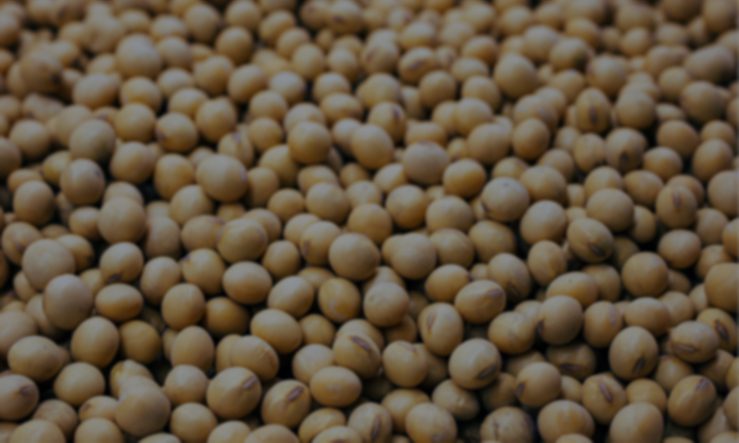Western Lake Erie Basin Collaborative Implementation Plan
The following statement regarding the State of Ohio’s Western Lake Erie Basin Collaborative Implementation Plan can be attributed to Chad Kemp, President of the Ohio Corn & Wheat Growers Association and Adam Graham, President of the Ohio Soybean Association.
Today’s announcement by the Ohio Environmental Protection Agency is simply another step in a process that was started five years ago when Ohio agriculture recognized its role in being a part of the solution to excess phosphorus in Lake Erie. As shown in the March 2016 NCRS Study, Effects of Conservation Practice Adoption on Cultivated Cropland Acres in Western Lake Erie Basin, voluntary conservation is making significant headway in reducing nutrient and sediment losses from farm fields.
Ohio’s grain organizations have invested more than $3.5 million in research and education that will help us find the balance between food production and water quality. Our research is showing there are many conservation practices farmers are implementing on their farms already that will help mitigate runoff.
A few important areas of investment include:
- On Field Ohio, led by The Ohio State University’s Dr. Elizabeth Dayton in cooperation with the USDA, uses edge-of-field monitoring systems on more than 30 farms in the Western Lake Erie Basin to measure nutrients that are leaving the fields in an effort to identify best management practices for mitigating runoff
- Dr. Steve Culman is revising and updating the Tri-State Fertilizer Recommendations. This Ohio State University tool is meant to serve as an unbiased guideline to farmers on fertilizer application that both minimizes the risk of runoff while also ensuring optimal soil and plant health
- Partnering with Ohio agriculture organizations, Ohio’s grain organizations are helping to bring more full-time staff onboard to add additional “boots on the ground” to help farmers develop and implement Nutrient Management Plans (NMPs).
We all share the same goal of reducing the impact of runoff on Lake Erie. Ohio grain farmers have been and will continue to champion reasonable and responsible solutions to preserve and improve water quality.
To learn about Ohio grain farmers’ work on water quality, visit ohiowaterquality.org
